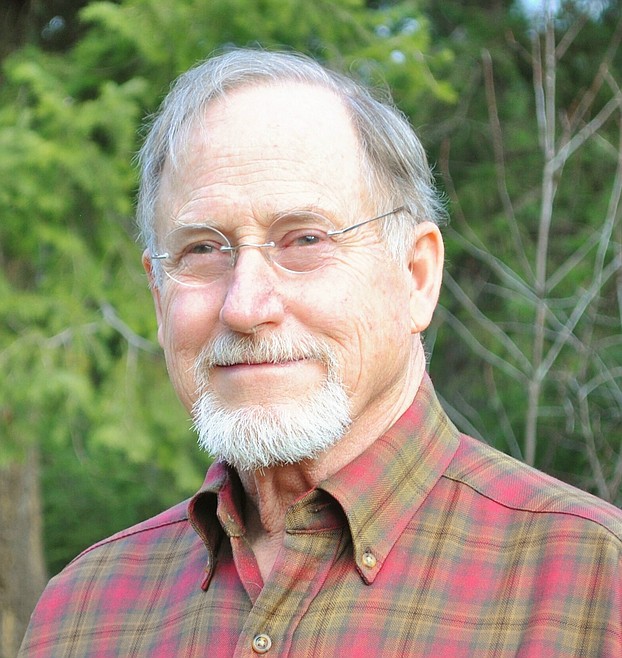The rube sits and smiles
After having unloaded all my farm equipment from the railcar that had brought it from my late father’s farm back east, I knew that I had come to the right part of the world when Dude and Shorty, who had helped me unload it, looked at the wheels on my hay wagon and pronounced them “high-speed” because they actually had ball bearings instead of old-fashioned babbitt bearings.
A person with less class than Shorty and Dude might have rightly said, “What a bunch of wore-out junk.”
Their reaction told me I had landed squarely among people I could understand. In Trout Creek in the 1970s you seldom saw a new pickup, and when you did you knew who it belonged to. If you saw a baby blue 1954 Chevy pickup or the same color 1954 Chevy sedan you knew that Bob Eaton was near at hand.
Become a Subscriber!
You have read all of your free articles this month. Select a plan below to start your subscription today.
Already a subscriber? Login



